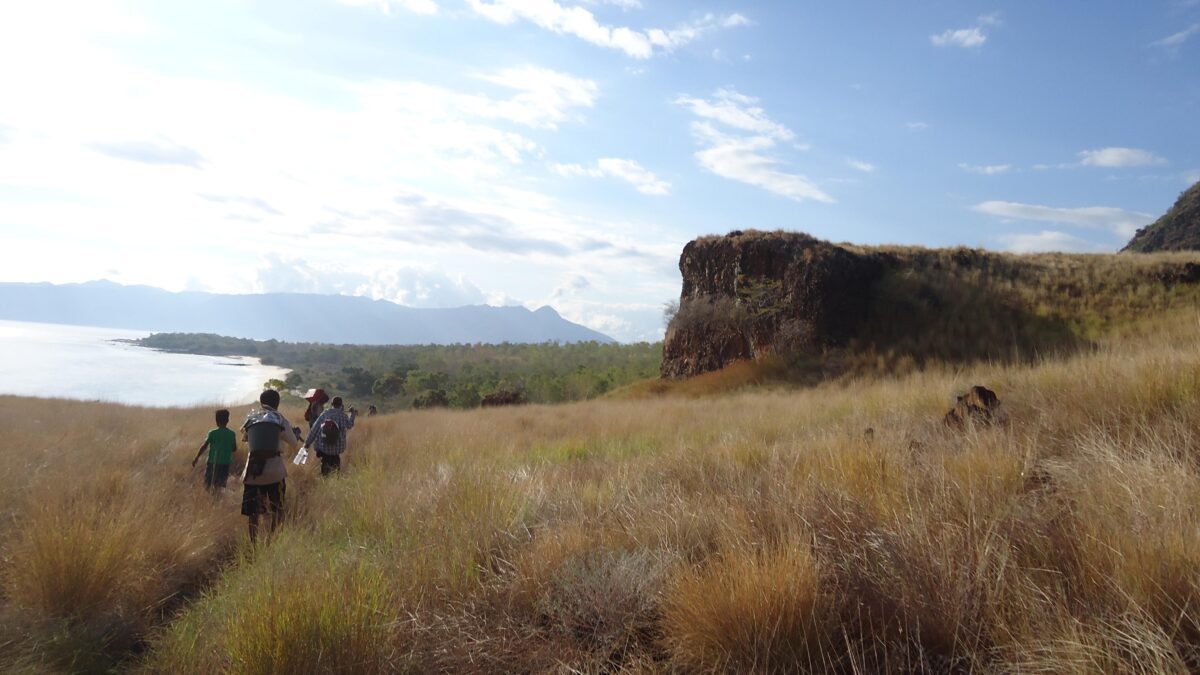According to a new study by the ANU, humans could have been adapting for climate change and rising sea levels for as much as 40,000 years. This discovery came as part of a wider investigation into the movements of people across the Pacific and beyond, as well how people lived and adapted to a rapidly changing climate.
The study, which centred on the small Indonesian island of Alor, excavated the Makpan cave on the island’s southwest coast. The excavation unearthed a variety of artefacts, including shells, fish bones and fishhooks which, according to Professor Sue O’Connor, provides significant evidence of wide-scale fishing. All of which indicate that early inhabitants of the island were incredibly ‘inventive and adaptive’ with shellfish, barnacles and particularly sea urchins making up a significant portion of their diet. Professor O’Connor went on to say that, by around 12,000 years ago, inhabitants were enjoying a ‘smorgasbord of seafood’.
Dr. Shimona Kealy stated these findings confirm previous suspicions that the island may have acted as a so-called ‘stepping stone’ for early humans to reach other islands such as Timor; commenting that these discoveries “provide[s] further insights into early modern human movements between the islands. She went on to comment that once migration began, humans “rapidly adjusted to their new island homes.”
While scientists are still unsure exactly why Makpan was abandoned by its inhabitants, they believe the dramatic change in sea levels over the last 43,000 years may have played a role. As the unpredictability of the food sources grew, some researchers believe inhabitants looked to broaden their diet by including more land-based fruits and vegetables. While the prospect of the rapid onset of anthropogenic climate-change is daunting, this new research indicates we may be able to adapt to our new environments.

Marine shell and coral fishing (at left) and ornamentation (at right) technologies from Makpan. (ANU Media)
We acknowledge the Ngunnawal and Ngambri people, who are the Traditional Custodians of the land on which Woroni, Woroni Radio and Woroni TV are created, edited, published, printed and distributed. We pay our respects to Elders past and present. We acknowledge that the name Woroni was taken from the Wadi Wadi Nation without permission, and we are striving to do better for future reconciliation.
